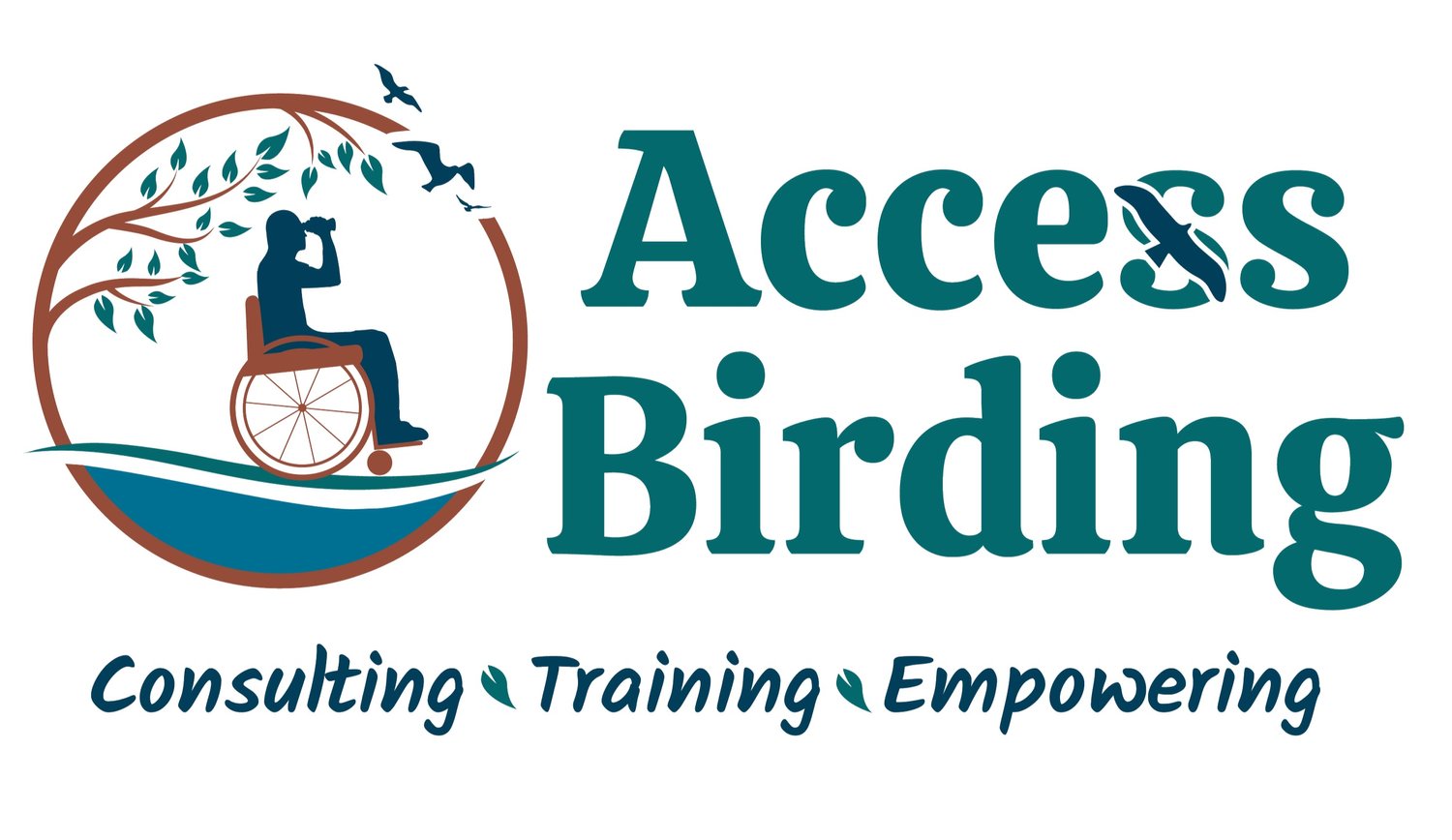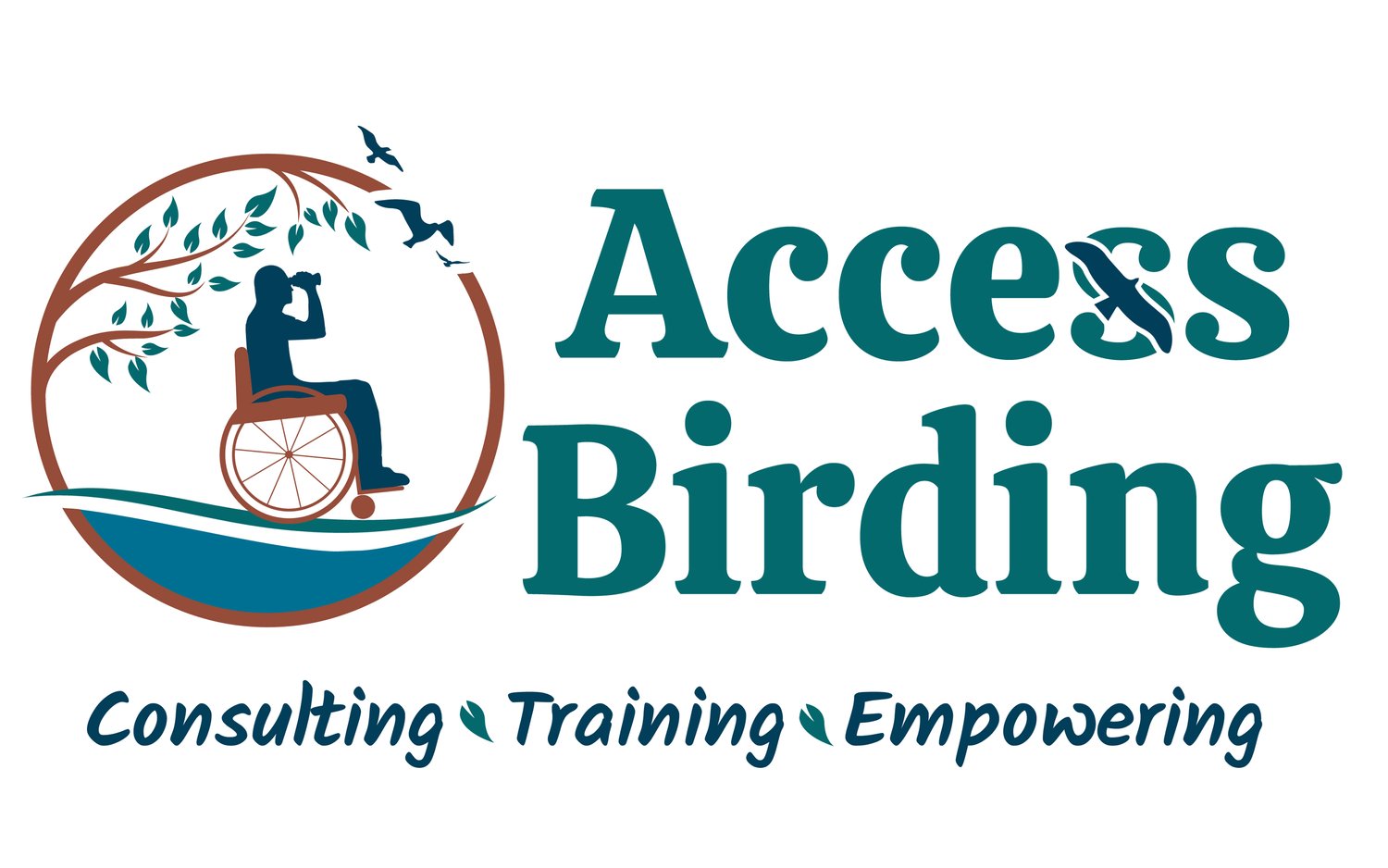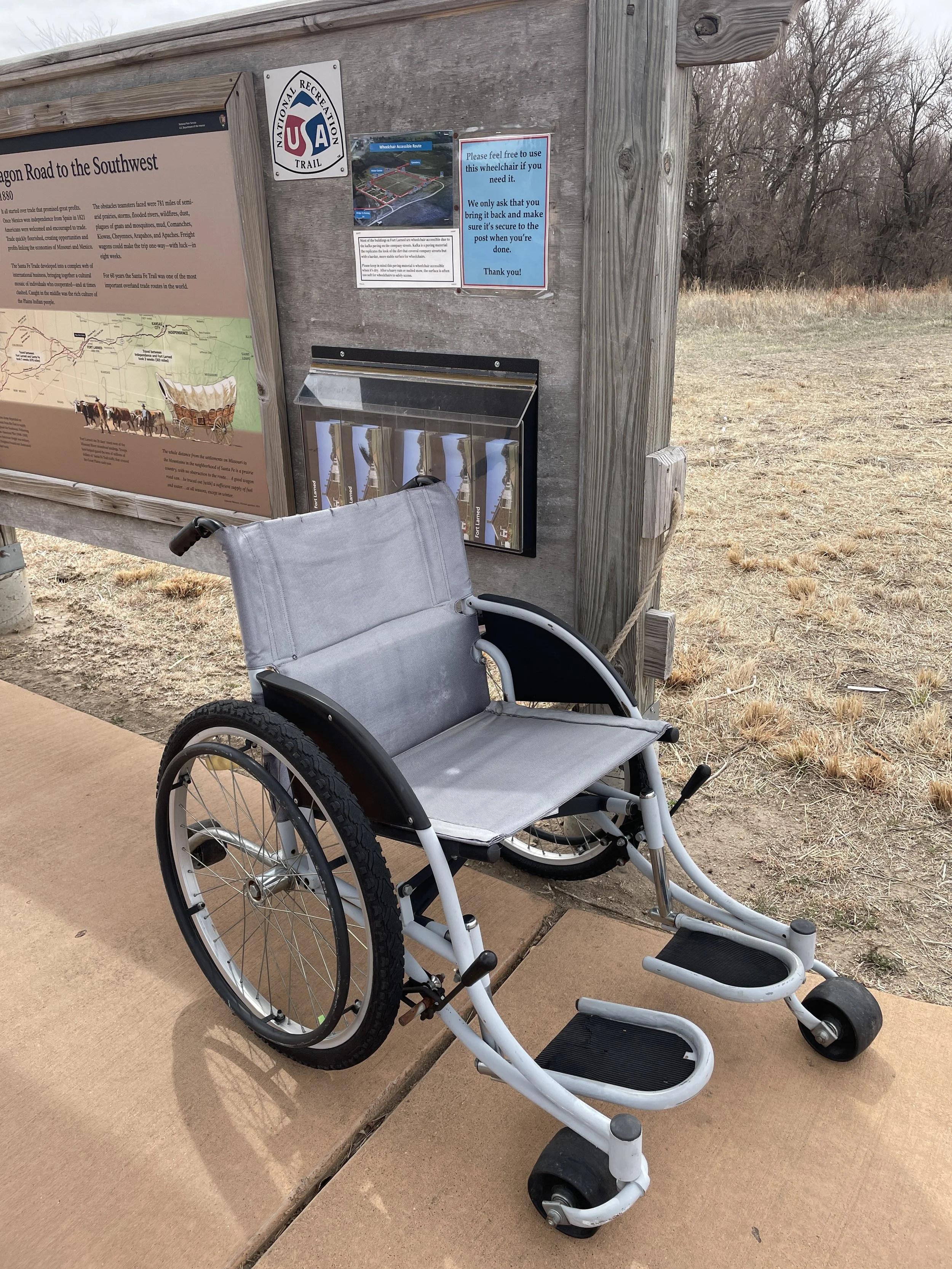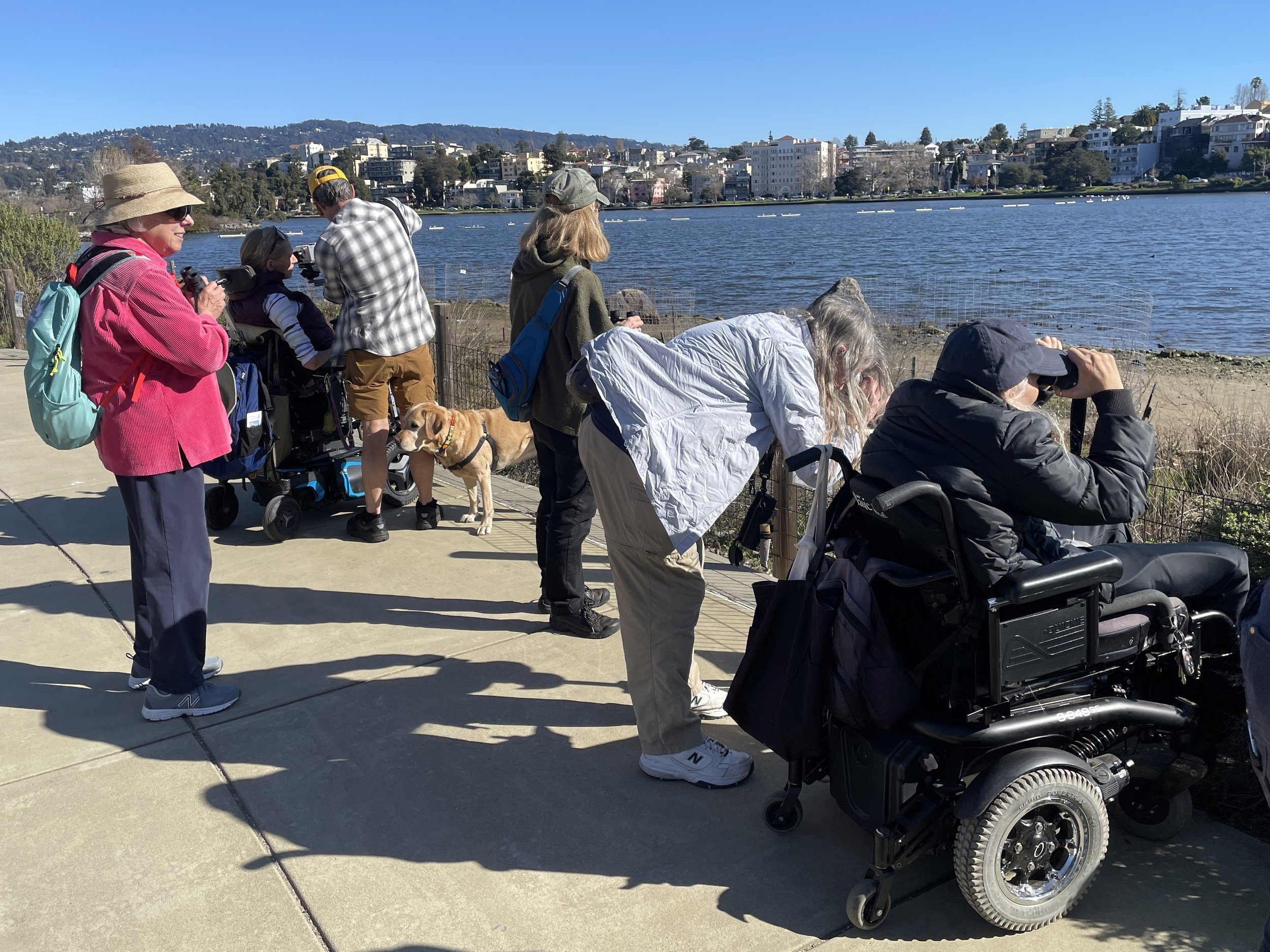Sharing (and archiving!) best practices, recommendations and resources from our monthly newsletter and our social media posts to help staff and volunteers at nature organizations improve access and inclusion for disabled birders.
The Access Birding Blog
Autism Acceptance Month, and being inclusive of autistic birders
April is celebrated as Autistic Acceptance Month, but being accepting and inclusive of autistic folks shouldn’t only happen in April. Autism, like disability, is broad, nuanced and individual, and everyone has their own access needs, preferences, values and interests. No one likes to feel excluded or unwelcome. So here are a few ways we can all be more accepting of autistic birders.
Access and inclusion at bird festivals
Bird festivals are often held to coincide with a birding spectacle, like Biggest Week and peak warbler migration. Field trips and workshops provide opportunities to learn from experts, and it’s fun to meet optics retailers, artists and bird-related organizations in the marketplace. All birders should feel included at these events, but there is work to do! Here are four things that help increase access and inclusion at bird festivals.
Five fun facts about wheelchairs to celebrate International Wheelchair Day!
Wheelchairs are awesome, and to help raise awareness of this March 1st is celebrated around the world as International Wheelchair Day. In the spirit of celebrating wheelchairs, here are five things to know about them.
Three things to include in your program descriptions
Knowledge is power! Providing detailed information up front takes a lot of labor off disabled would-be participants. When you tell us from the beginning, we don’t need to spend out time and effort seeking out that information to know if the event will be accessible for us. Regardless of the type of program you’re holding (bird outing, in-person meeting, virtual workshop etc), below are three things to share in your promotional materials from the outset.
Three tips for using emojis to increase access and inclusion
I love a good emoji. In text messages and social media captions they help me add a bit of personality into my communication (like my facial expressions would be if we were talking face-to-face)!
However, there are a couple of things to consider when using emojis on social media, especially if you want your posts to be inclusive and accessible to your disabled followers. (This goes for your personal social media accounts too!)






